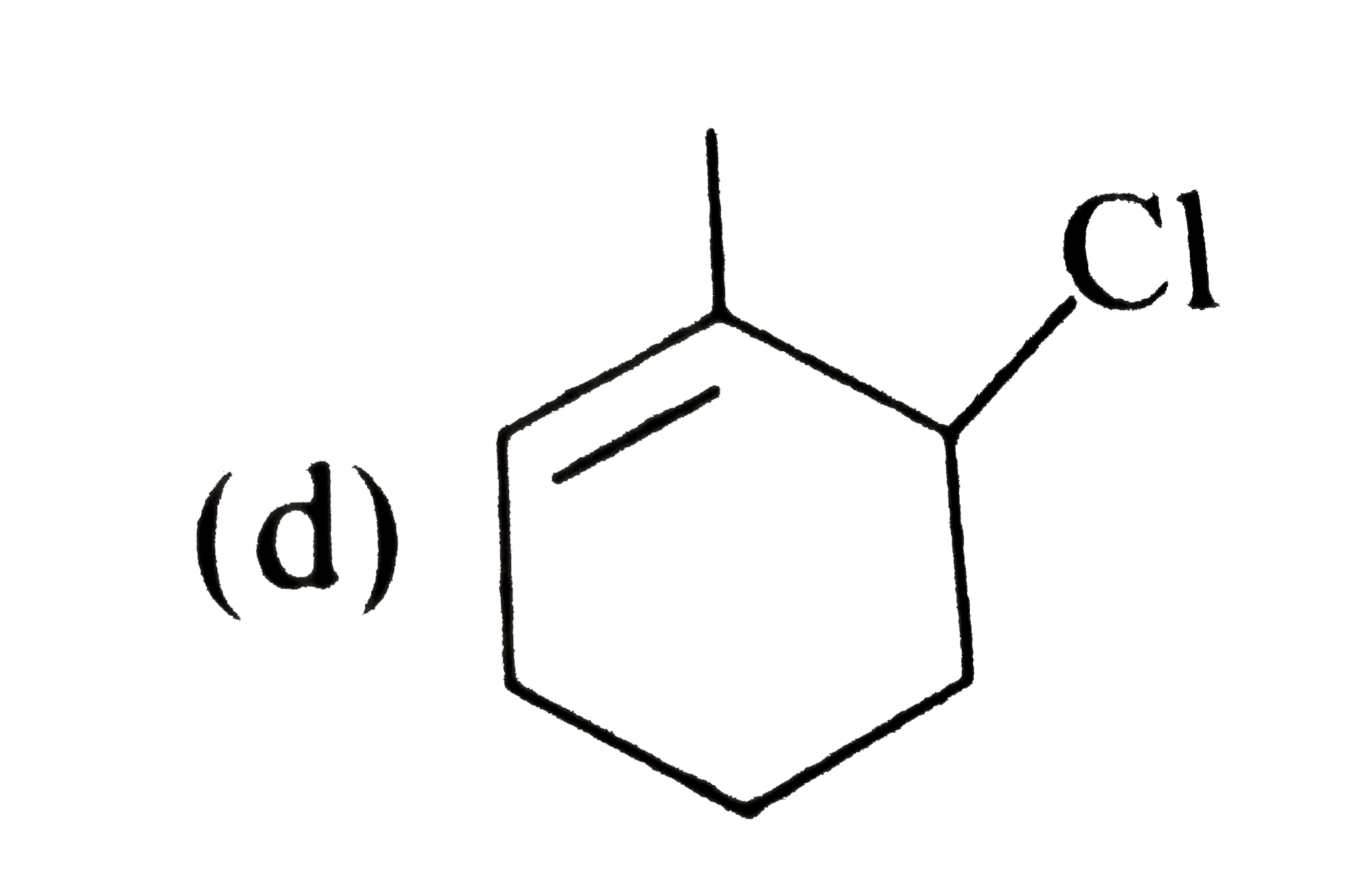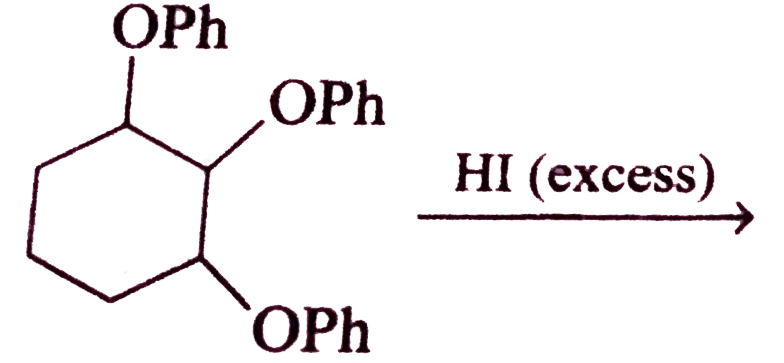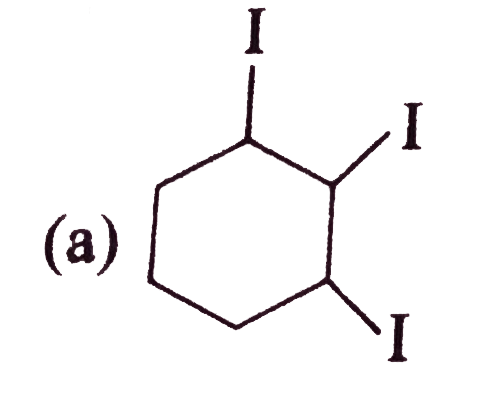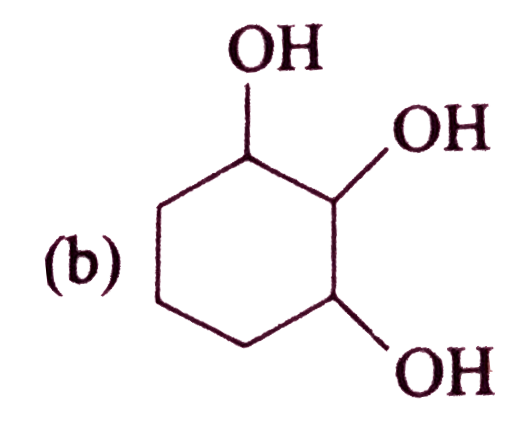Which of the following is not a major contributor to excess sediments in waterways ?
Highway construction
Sewage effluents
Agriculture
Mining
The correct Answer is:A
To determine which of the following options is not a major contributor to excess sediments in waterways, we will analyze each option provided:
1. Highway Construction:
- Highway construction involves land disturbance, which can lead to soil erosion. When it rains, sediments from the construction site can wash into nearby waterways, contributing to excess sediments.
- Conclusion: This is a major contributor.
2. Sewage Effluents:
- Sewage effluents contain not only wastewater but also solids and sediments that can enter waterways. The discharge of sewage can lead to increased sediment levels in water bodies.
- Conclusion: This is a major contributor.
3. Agriculture:
- Agriculture can contribute to sedimentation through practices like tilling and runoff, which can wash soil into waterways. However, the question suggests that agriculture does not play a major role in collecting sediments, which is somewhat misleading. While agriculture can contribute to sedimentation, it is often less significant compared to construction and mining activities.
- Conclusion: This is not a major contributor when compared to the others listed.
4. Mining:
- Mining activities disturb large areas of land and can lead to significant soil erosion. The removal of vegetation and soil during mining can result in increased sedimentation in nearby waterways.
- Conclusion: This is a major contributor.
After analyzing all the options, the answer to the question "Which of the following is not a major contributor to excess sediments in waterways?" is Option 3: Agriculture.
- Highway construction involves land disturbance, which can lead to soil erosion. When it rains, sediments from the construction site can wash into nearby waterways, contributing to excess sediments.
- Conclusion: This is a major contributor.
- Sewage effluents contain not only wastewater but also solids and sediments that can enter waterways. The discharge of sewage can lead to increased sediment levels in water bodies.
- Conclusion: This is a major contributor.
- Agriculture can contribute to sedimentation through practices like tilling and runoff, which can wash soil into waterways. However, the question suggests that agriculture does not play a major role in collecting sediments, which is somewhat misleading. While agriculture can contribute to sedimentation, it is often less significant compared to construction and mining activities.
- Conclusion: This is not a major contributor when compared to the others listed.
- Mining activities disturb large areas of land and can lead to significant soil erosion. The removal of vegetation and soil during mining can result in increased sedimentation in nearby waterways.
- Conclusion: This is a major contributor.
Topper's Solved these Questions
- POLLUTION OF AIR AND WATERBOOK - AGRAWAL EXAM CART BIHARCHAPTER - POLLUTION OF AIR AND WATEREXERCISE - IMPORTANT QUESTIONS
123 Videos
- METALS AND NON-METALSBOOK - AGRAWAL EXAM CART BIHARCHAPTER - METALS AND NON-METALSEXERCISE - IMPORTANT QUESTIONS
79 Videos
- PRACTICE SET -1BOOK - AGRAWAL EXAM CART BIHARCHAPTER - PRACTICE SET -1EXERCISE - SECTION -IV (GENERAL SCIENCE)
8 Videos
Similar Questions
Knowledge Check
Which of the following is major product ?
 A
A B
B C
C D
D
 , which of the following is major product?A
, which of the following is major product?A B
B C
C DNone of these
DNone of these , which of the following is major product?A
, which of the following is major product?A B
B C
C DNone of these
DNone of these
Which of the following is the major constituent of LPG ?
View SolutionWhich of the following pairs is a major contributor to global warming?
View SolutionWhich of the following pairs is a major contributor to global warming?
View SolutionWhich of the following pairs is a major contributor to global warming?
View SolutionWhich of the following pairs is a major contributor to global warming?
View Solution
